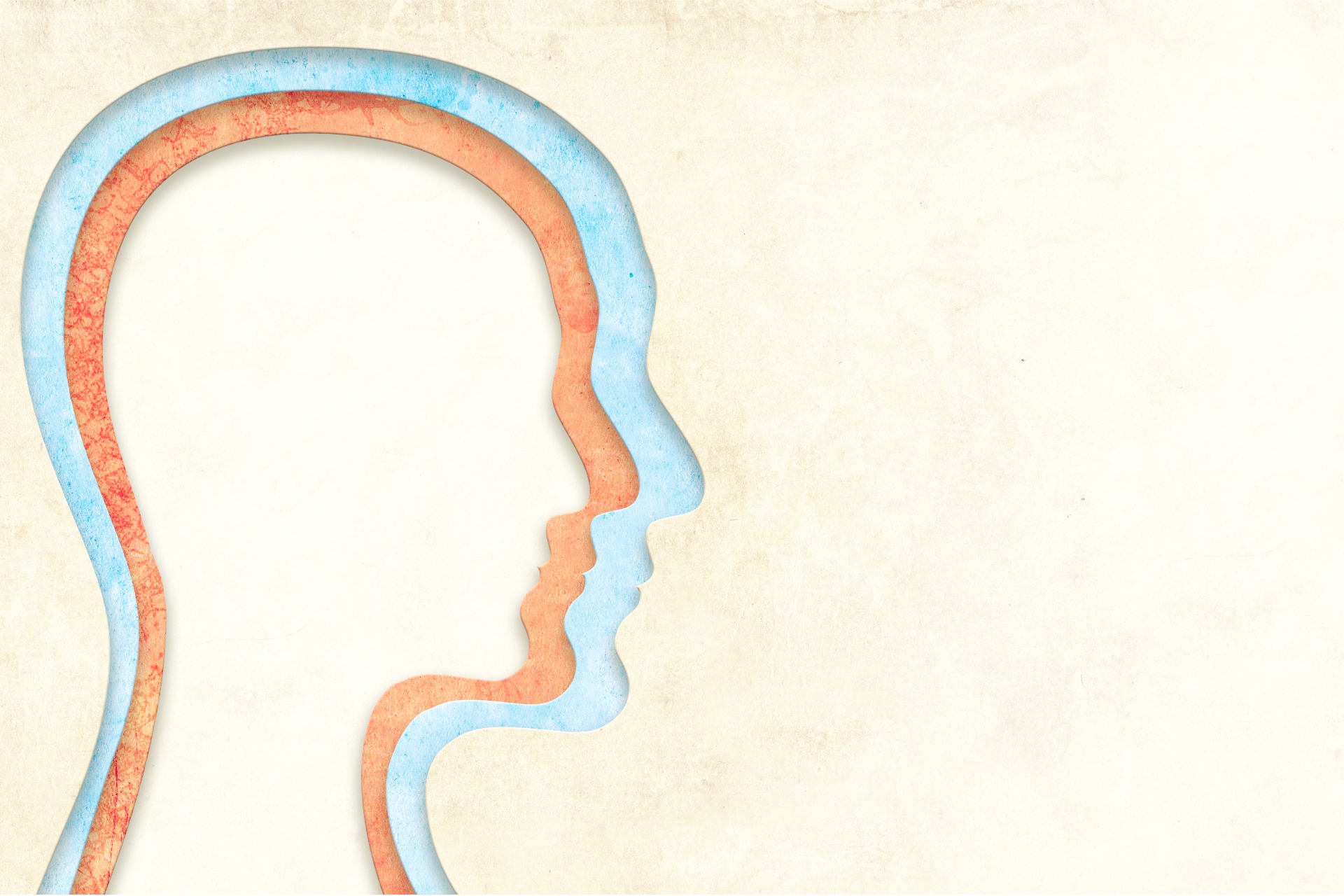3 Warning Signs of Seasonal Depression
Do you find yourself feeling energetic, alive, and overall happier during the summer months? Feeling cheerful and lively on those winter days when the sun has left us, and the entire sky is full of dark, rainy clouds and freezing temperatures can be a real challenge for some. If you have noticed that your mood changes with the seasons, you may be suffering from seasonal affective disorder.

What is Seasonal Affective Disorder (SAD)?
Seasonal affective disorder is a type of depression that is related to changes in seasons. It usually begins in the fall and winter when the days get shorter and usually ends in the spring and summer, with longer daylight hours.
When the sun has disappeared for the week, and the colder weather keeps you inside all day, it’s completely normal to experience the “winter blues.” However, seasonal depression has a more significant impact on your daily functioning than the “winter blues.”
Let’s dive into the three most common warning signs of seasonal depression.
Emotional and Depressed During Winter Months
The winter months are often associated with spending time with loved ones and enjoying the festive season. However, when you don’t enjoy being surrounded by your friends and family and have feelings of hopelessness, you may be suffering from seasonal depression. The reduced level of sunlight in the fall and winter is often the culprit of seasonal depression.
Constant Tiredness or Weakness
Even if you are sleeping more in the winter months and you still have trouble rolling out of bed in the morning, you may have seasonal depression. When you are exposed to sunlight, it is thought to increase the brain’s release of a hormone called serotonin. This neurotransmitter is responsible for stabilizing mood, increasing focus and reducing anxiety and depression. Shorter days and the lack of sun can cause a significant drop in serotonin production, which may contribute to emotional distress.
Another reason why you may feel exhausted all the time, even if you got a whopping 9+ hours of sleep the night before, is due to the hormone melatonin. This hormone is created in response to darkness and is responsible for regulating your sleep-wake cycle. When it is dark outside more often, melatonin is released at the wrong time, leaving you feeling fatigued.
Appetite Changes
A change in your eating patterns, such as cravings, eating more than usual, or eating less than usual, can indicate seasonal affective disorder. Changes in appetite related to seasonal affective disorder may include cravings for carbohydrates, such as comfort foods or sugary foods. Due to this change in eating, seasonal affective disorder may cause weight gain during the winter months, which may further a person’s depressive feelings.
Contact Us
Our providers at Mile High Psychiatry want to help you become the best version of yourself. We do this through a combination of psychotherapy and cognitive tools. To learn more about our process or to request an appointment, contact us today or call us at (855) 270-4471.



